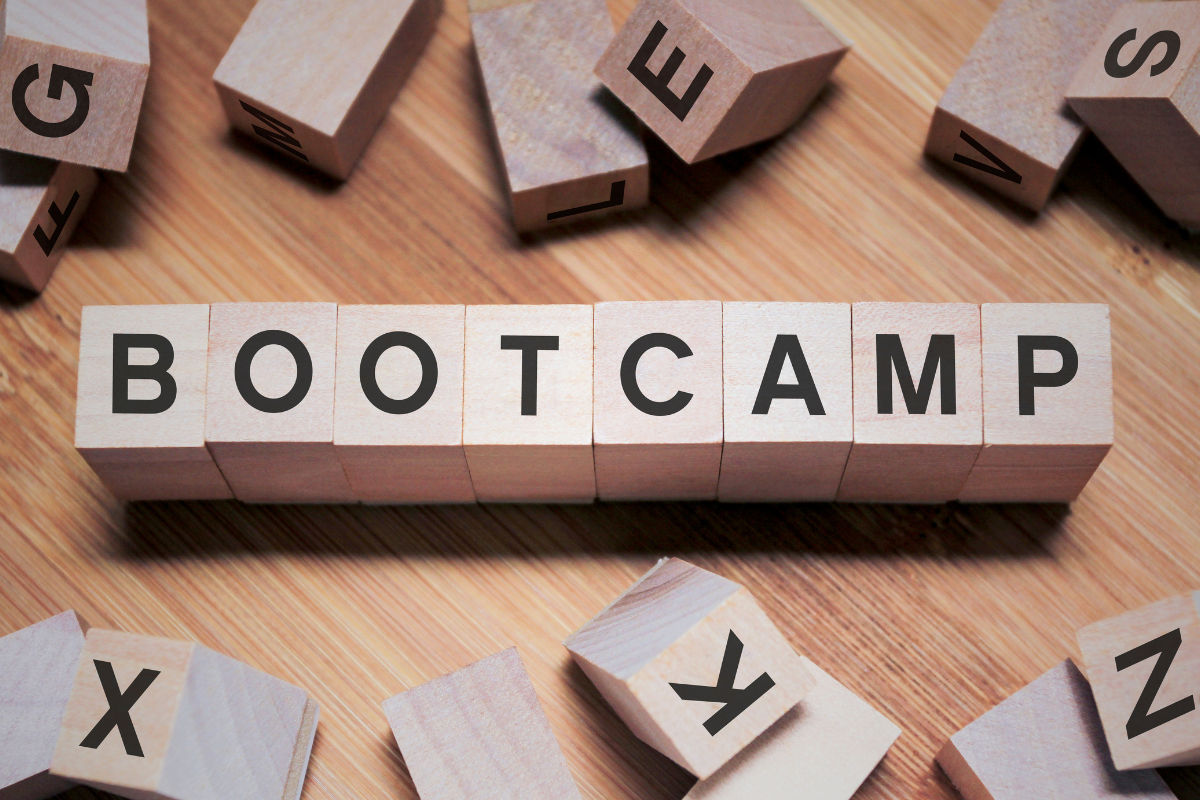Baby Bootcamp: Enhancing Early Communication for Infants (Birth-1 Year)
The first year of a baby’s life is filled with remarkable growth and development, and one of the most important aspects of that development is language. Early communication lays the groundwork for future speech and language skills, which are essential for academic success, social interactions, and cognitive development. At Carolina Therapy Connection, we understand the importance of fostering a child’s communication skills from the very start, which is why we offer the Baby Bootcamp program.
What is Baby Bootcamp?
Baby Bootcamp is an intensive, parent-focused therapy program designed to support optimal language development during the first year of life, especially for babies with medical conditions that may impact their speech and language skills as they grow. This program equips parents with the knowledge and strategies they need to actively foster their child’s communication abilities, ensuring they build a strong foundation for future language growth.
The program is tailored to each baby’s unique developmental needs and provides parents with education, hands-on strategies, and daily coaching to help stimulate early communication. Led by skilled speech-language pathologists (SLPs), Baby Bootcamp focuses on creating a language-rich environment that encourages your baby’s natural communication development.
Key Strategies for Encouraging Early Communication
- Verbal Modeling: One of the core elements of Baby Bootcamp is frequent verbal modeling. This strategy involves regularly speaking to your baby, using simple words, phrases, and sentences. Parents are encouraged to narrate their day, describing what they are doing or what the baby is experiencing. This helps babies connect sounds with meaning and fosters language comprehension.
- Encouraging Babbling: Babbling is an important step in language development. During the program, SLPs guide parents on how to encourage their baby’s vocalizations through playful back-and-forth vocal exchanges. Engaging with your baby in this way helps promote the early stages of conversational turn-taking and strengthens your baby’s understanding of communication.
- Using Visual Supports & Gestures: Babies start to understand gestures and visual cues well before they can speak. Baby Bootcamp teaches parents to incorporate gestures and visual supports, such as pointing, waving, and showing pictures or objects, to enhance their baby’s understanding of language.
- Daily Routines as Learning Opportunities: Everyday activities such as diaper changes, feeding, and playtime provide excellent opportunities to build language skills. The program teaches parents how to integrate language-building activities into these daily routines, reinforcing joint attention (focusing on the same thing together) and encouraging early social interactions.
Milestone Tracking & Personalized Feedback
Baby Bootcamp includes milestone tracking, which allows parents to monitor their child’s progress and identify any areas that may need additional support. Through regular assessments and personalized feedback from SLPs, parents can better understand their baby’s unique needs and feel empowered to provide targeted language interventions.
Why Early Language Development Matters
The first year of life is a critical period for language development, and the foundation laid during this time can significantly impact future language and communication skills. Children who experience delays in communication during this stage may face challenges in speech, reading, and social interactions later in life. By focusing on early intervention and active participation, Baby Bootcamp ensures that parents are equipped to help their children reach their language milestones.
How Carolina Therapy Connection Can Help
At Carolina Therapy Connection, our team of experienced speech-language pathologists is dedicated to providing individualized therapy programs like Baby Bootcamp. Our therapists work closely with parents to provide education, personalized strategies, and ongoing support to ensure that each child’s language development is on track. If you have concerns about your baby’s communication skills, our Baby Bootcamp can provide the guidance you need.
If you’re interested in learning more about Baby Bootcamp and how we incorporate this approach into therapy, including intensives, please feel free to reach out to us to schedule an evaluation. You can also use this link to explore more about our pediatric intensive therapy services.


